
The Political Economy of Progressive Taxation in Pakistan
Dr. Ali Cheema, Dr. Michael Best, Dr. Shandana Khan Mohmand, Dr. Adnan Qadir Khan, Dr. Ali Abbass, Dr. Michael Callen
The project aims to exploit the novel integrated urban property database for Lahore to examine the two valuation methods in terms of distributional fairness, revenue potential, and buoyancy. The project will simulate the distributional impact of shifting from the ARV system to a CV system that uses district collector (DC) rates as proxies for market values. The DC rates are based on property value surveys conducted by revenue officials and the land value declarations made by buyers at the time of purchase in the Government’s online e-stamping system.
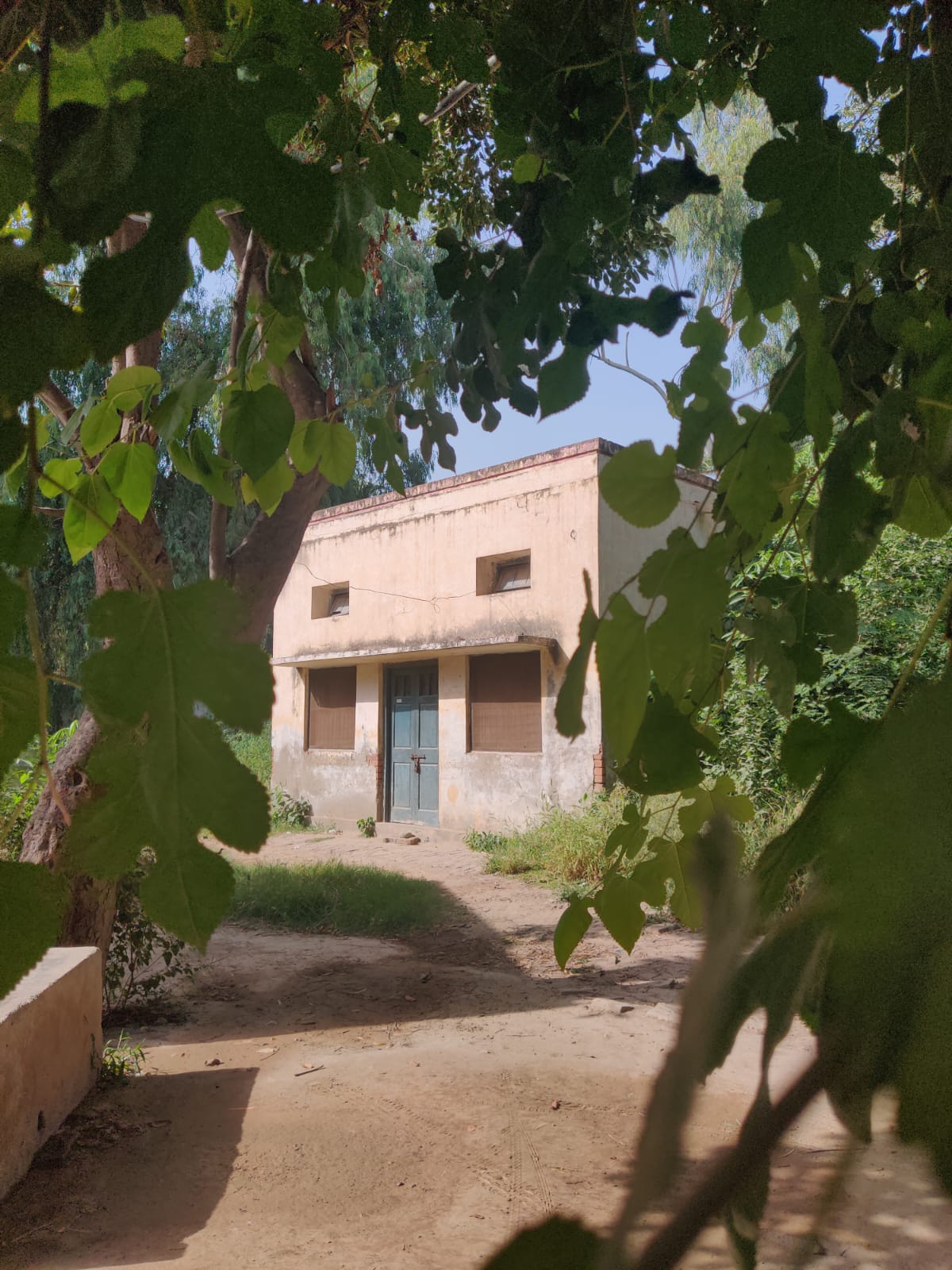
Political Centralization in the Punjab Canal Colonies
Dr Ali Cheema, Dr Cory Smith
The project aims to test whether and how political centralization affects long-run economic development, using a policy-based natural experiment in colonial Punjab. When creating new “canal colony” villages in the late 1800s, the number of headmen (lambardar/numberdar) was set according to thresholds based on village area, allowing for quasi-random variation via the regression discontinuity technique.
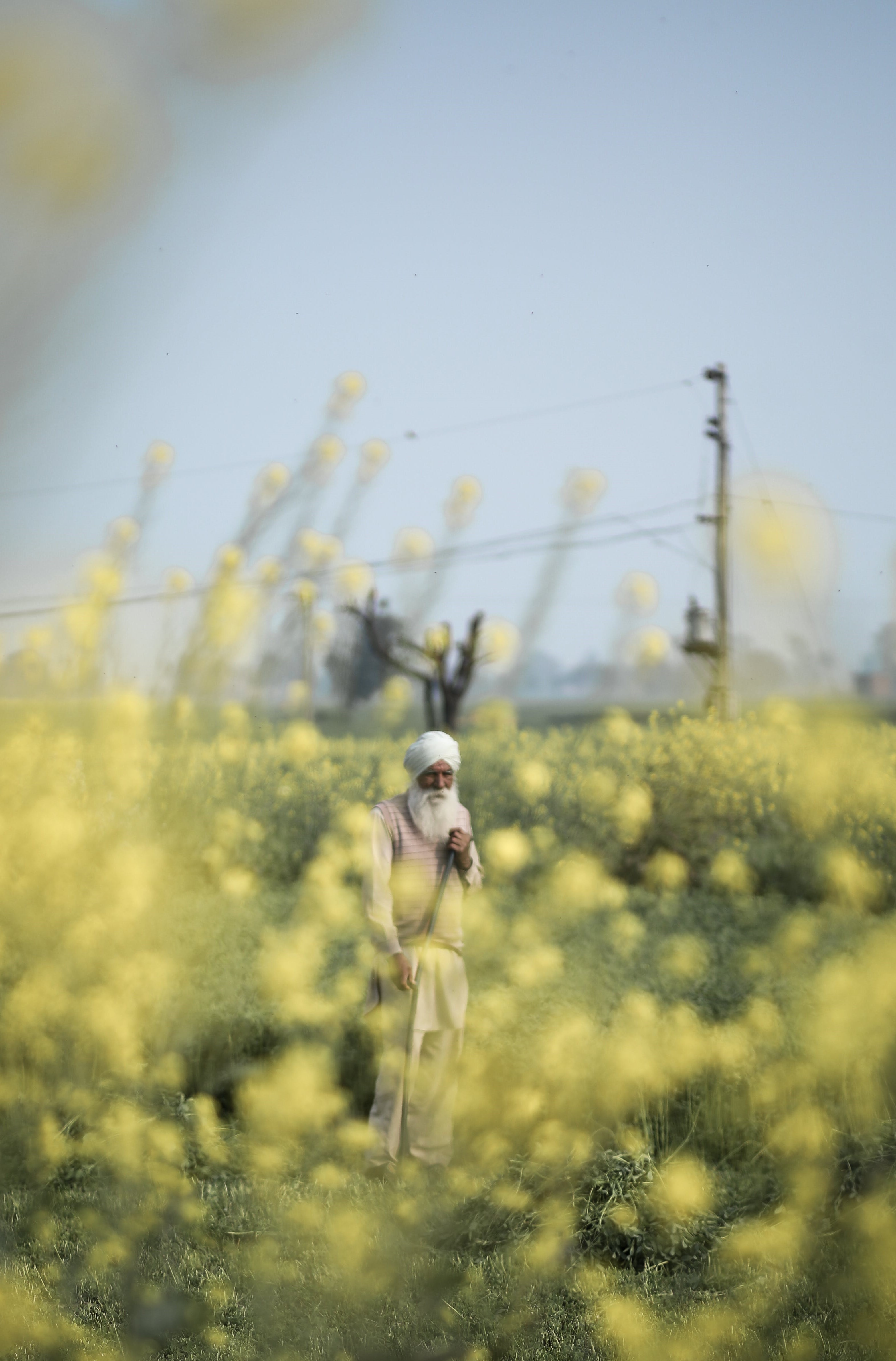
Asymmetric information, relational contracts, and prices: Evidence from fresh produce supply chain in Pakistan
Dr Farah Said; Dr Sher Afghan Asad; Omar Gondal
The broad goal of the research is to improve farmers' incentives and, therefore, productivity while stabilizing prices of agricultural produce for consumers. we are digging deeper into understanding how the farmer-middlemen wedge can be reduced by addressing information asymmetries and output market linkages.
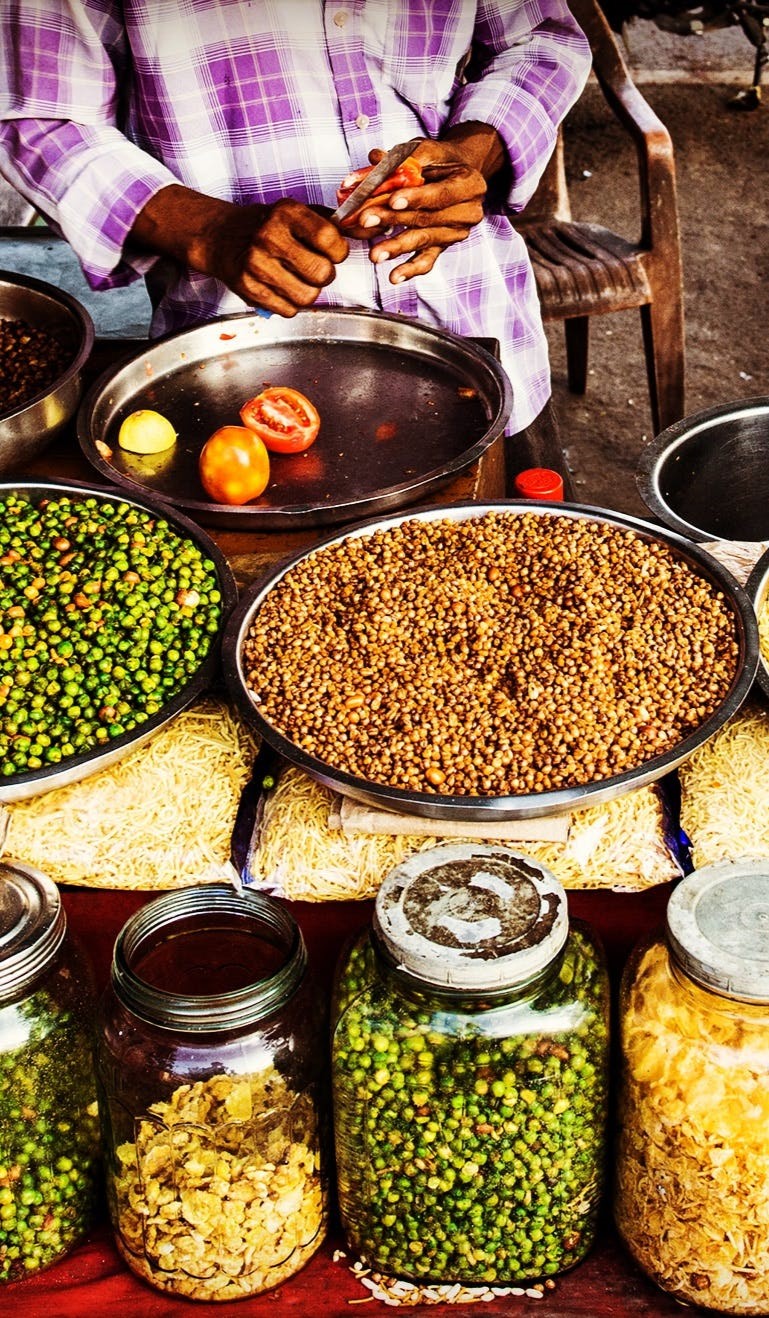
Organizational Effectiveness and Tax Compliance in Punjab
Sher Afghan Asad (LUMS), Michael Best (Columbia), Anders Jensen (Harvard), & Adnan Khan (LSE)
This research project aims to generate unique insights on improving tax compliance by collaborating with the Punjab Revenue Authority (PRA).This research will serve as a prelude to a full-scale evaluation to understand how the tax and economic outcomes of competing firms are affected by tax leakages. We aim to experimentally vary the compliance of taxpayers’ geographic neighbours and competitors in the case of restaurants in Punjab, Pakistan, a major source of sales tax revenue for the province, and look for evidence of strategic complementarity of tax compliance decisions. In parallel, we will also do the groundwork for another study that examines the optimal allocation of taxpayers to enforcement teams.

The Legacies of Economic Inequality: Evidence from Pakistan
Dr. Noaman G. Ali
The project will involve archival research in the Revenue Records. Our goal is to collect data on how different canal colony schemes have been implemented during the British period, and further to understand social, political, and economic dynamics based on the historical data.
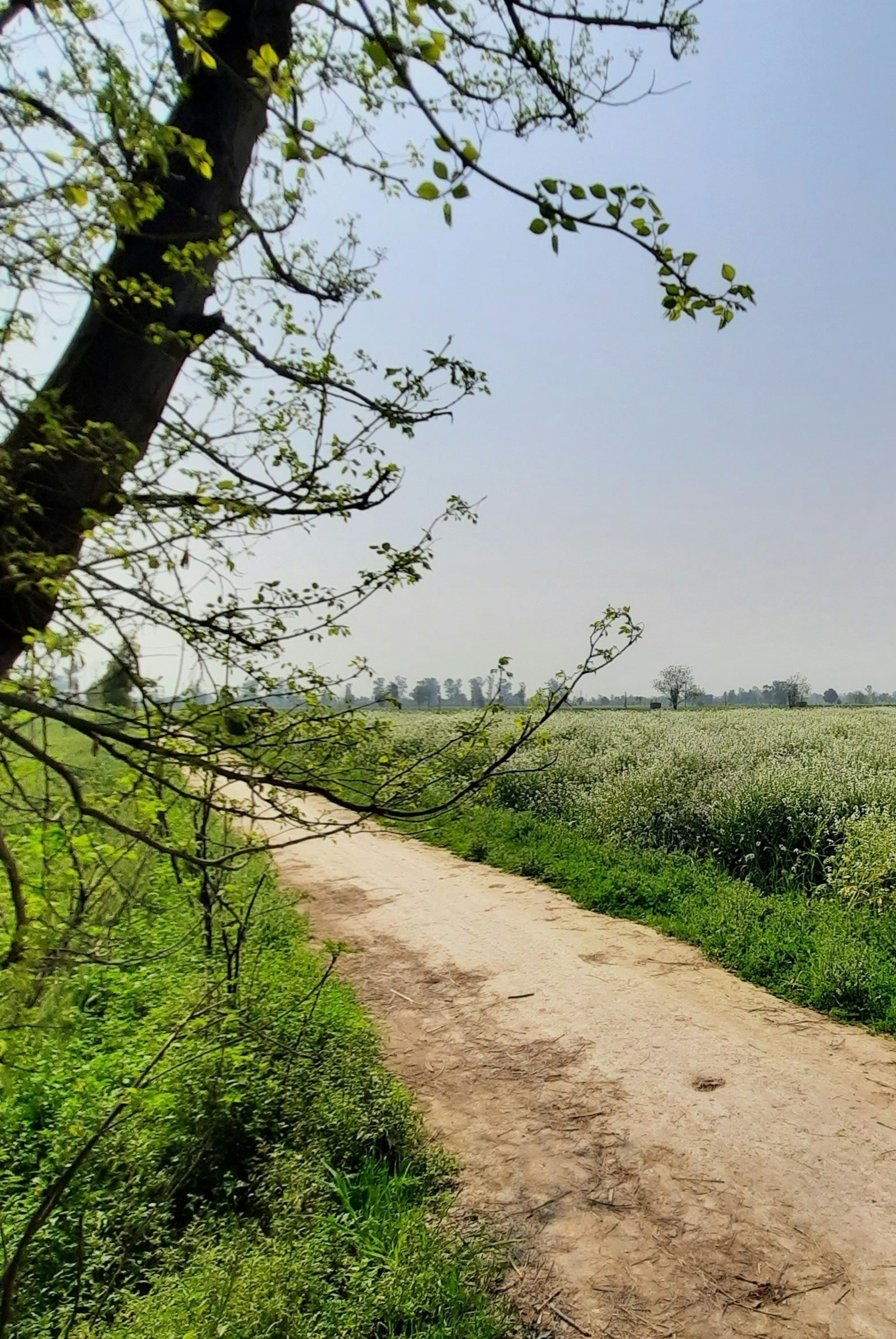
State Reform, Land Rights, and Rural Livelihoods in Pakistan
Dr Ali Cheema, Dr Sarah Khan, Dr Farah Said
The project aims to evaluate a property rights reform being introduced by the Government of Punjab over agricultural land, as part of the Punjab Urban Land Enhancement System (PULSE) program. The reform involves the partitioning of jointly held familial land holdings. The project focuses on understanding that can a state reform to secure individual land rights in Pakistan improve women’s effective ownership and control over land. We will estimate the impact of the reform on women’s ownership, whether the reform leads to changes in productivity of newly partitioned land, or the reform is associated with positive outcomes related to women’s welfare and reductions in intra-household inequality in district Sahiwal.
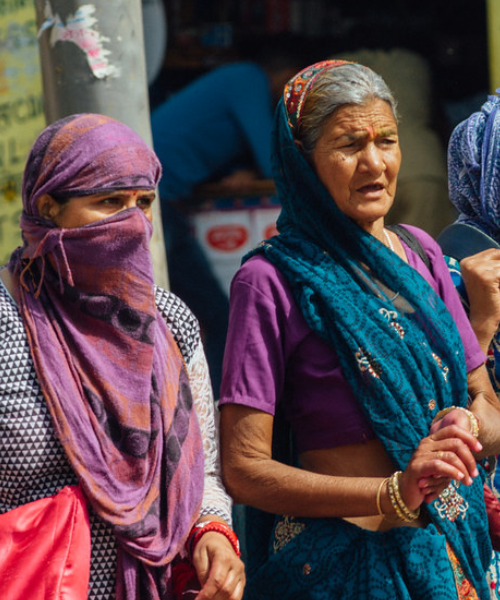
EGAP Metaketa V: Women’s Action Committees and Local Services in Pakistan
Dr. Ali Cheema, Dr. Sarah Khan, and Dr. Shandana Khan
The Community Grants Program (CGP) is a behavioral measure involving a competition for
community grants funded by EGAP’s Metaketa V study in Pakistan. The program is designed to
capture interactions between local political elites and community residents and directly assess
whether and how members of the intervention groups use the information, skills, and resources
provided to them through the MKV intervention sessions. The project is in collaboration with the Urban Unit.
community grants funded by EGAP’s Metaketa V study in Pakistan. The program is designed to
capture interactions between local political elites and community residents and directly assess
whether and how members of the intervention groups use the information, skills, and resources
provided to them through the MKV intervention sessions. The project is in collaboration with the Urban Unit.

Evaluating the Efficacy of Personalized Interventions in Promoting DFS Adoption Among Female Users
Dr. Maryam Mustafa and Dr. Hadia Majid
This project investigates and assesses the efficacy of targeted interventions to deepen adoption of DFS instruments by female users. The project aims to run a controlled study to measure the impact of additional, personalized, targeted support relating to investment, financial management and business decisions on mobile wallet use and adoption by female micro entrepreneurs. Through comparisons of 1) a personalized, LLM-based financial AI assistant, to 2) financial content provided to women over their WhatsApp to support users, to 3) a control group, we will assess whether and how women are leveraging DFS instruments along with other digital tools to plan and manage money in their mobile wallets.
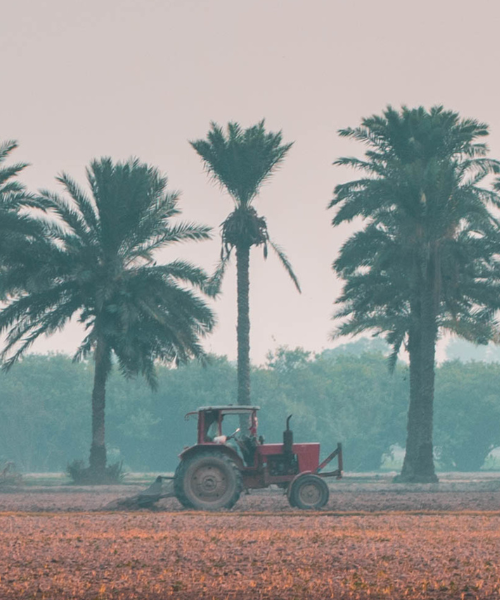
Vulnerable markets: Assessing the impact of climate-induced shocks on fresh produce supply chains in Punjab
Dr. Sher Afghan Asad
This study underscores the importance of understanding the impact of natural disasters like floods. By investigating how flooding affects the supply and prices of agricultural produce, this research contributes to enhancing the government's response to climate change-related challenges. The findings can inform policies and strategies to mitigate the negative consequences of such catastrophes. The research also aims to provide insights into strategies for building resilience among the most disadvantaged segments of the population, which is a key priority in climate change adaptation and mitigation efforts.
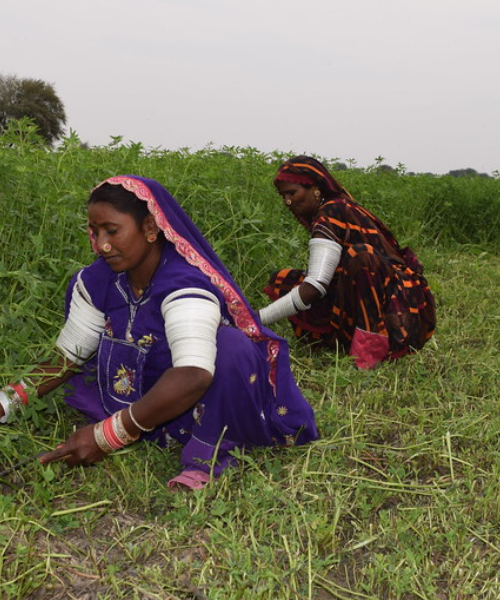
Combining Satellite Imagery and Machine Learning to Target Social Protection in Pakistan
Dr. Rashid Memon Sean Fox, Levi John Wolf, Felix S. Agyemang
This project aims to assist the newly established Sindh Social Protection Strategy Unit (SPSU) in
designing a dynamic, shock responsive targeting system for their interventions. The Government of
Sindh has already committed resources through budgetary support and World Bank Technical
Assistance, and the SPSU is now developing a targeting strategy. The three main interventions are (i)
a conditional cash transfer for pregnant and lactating women, (ii) an unconditional cash transfer for
female agricultural workers and (iii) an unconditional cash transfer for food insecure households.
designing a dynamic, shock responsive targeting system for their interventions. The Government of
Sindh has already committed resources through budgetary support and World Bank Technical
Assistance, and the SPSU is now developing a targeting strategy. The three main interventions are (i)
a conditional cash transfer for pregnant and lactating women, (ii) an unconditional cash transfer for
female agricultural workers and (iii) an unconditional cash transfer for food insecure households.
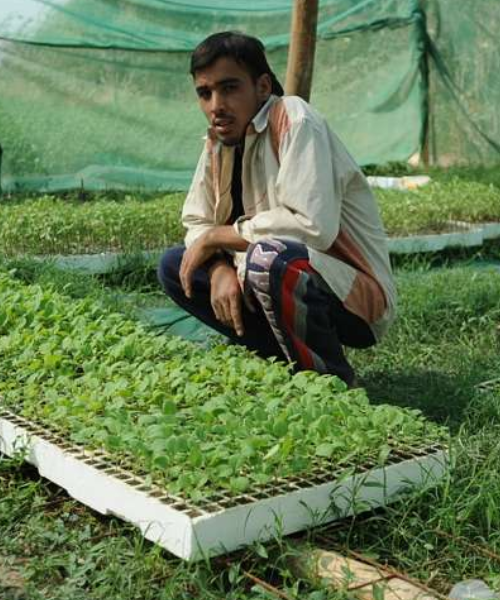
Agriculture Supply Chain
Dr. Sher Afghan Asad
The aim of this project is to investigate the role of middlemen in the agricultural supply chain of Punjab, Pakistan, particularly during the COVID-19 pandemic, to determine whether they acted as facilitators or exploiters in ensuring the continuity of fresh produce supply. By focusing on potato farmers in the districts of Kasur, Depalpur, and Okara, the study seeks to map the complete supply chain from farmers to wholesale markets, analyzing how disruptions such as labor shortages, mobility restrictions, and low market prices impacted farmers' incomes and consumer prices. The project also aims to generate evidence on whether middlemen exacerbated challenges or provided support during the crisis. Ultimately, the findings will inform policy recommendations to improve or minimize the role of middlemen, exploring alternatives to the current market mechanism through partnerships with the government and private sector, with implications for future natural calamities.
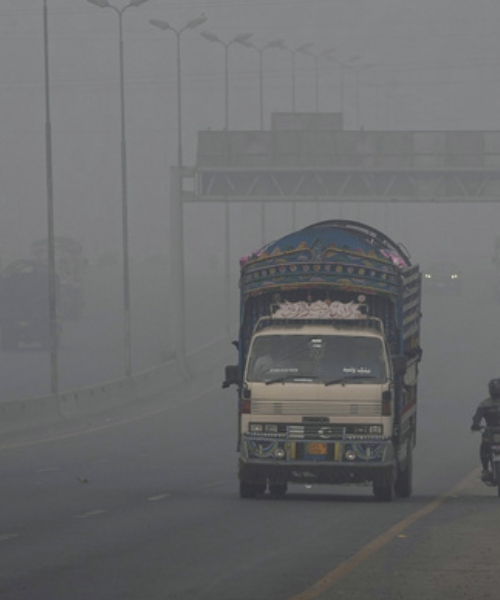
Belief formation, Signal quality and Information sources
Dr. Ali Cheema (for Dr. Sanval Nasim, Arman Rezaee, Shotaro Nakamura, Mathew Gibson, M. Fatiq Nadeem
The project aims to investigate how citizens in Lahore update their beliefs and behaviors in response to air quality information from different sources. Given the unreliability of government air pollution reports, private initiatives provide alternative data, but their impact on public perception and actions remains unclear. Through a field experiment, the study will provide randomized pollution forecasts to lower-middle-income citizens, measuring how the credibility of different sources influences beliefs, adaptation behaviors, and willingness to invest in protective measures like filtration masks. The findings aim to inform government and private stakeholders on the importance of reliable air quality monitoring in shaping public response and policy interventions.
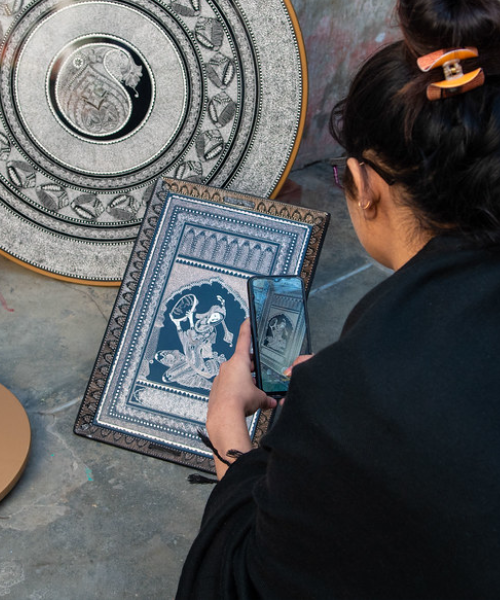
Changing Forms of Gender Issues in Urban Contexts of Pakistan
Dr. Maryam Mustafa and Dr. Hadia Majid
This study explores the motivations, challenges, and impacts of women’s home-based, digitally-run microenterprises in urban Pakistan. Building on prior research on women's use of digital spaces for safe interactions, the project investigates how digital entrepreneurship fosters economic independence, agency, and resilience, particularly during crises like the Covid-19 pandemic. It examines whether online businesses help women overcome traditional barriers, the skills they develop to navigate digital platforms, and the broader implications for financial and social empowerment. By mapping these processes, the study aims to create a framework for policymakers and organizations to promote women’s digital and economic inclusion, ultimately challenging gendered power imbalances within families and society.
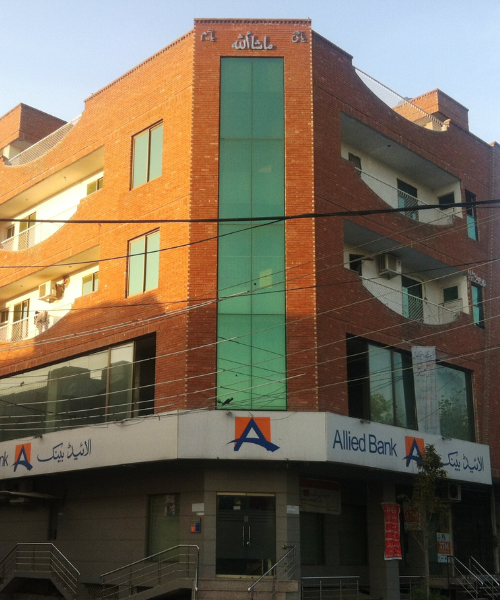
Do Banks in Pakistan Follow Responsible Investment & Financing Policies?
Dr. Abid Aman Burki
The aim of this project was to collect, review and analyze all the documents necessary to map and present a macroeconomic picture of the 10 biggest commercial and investment banks operating in Pakistan along with the financial regulations that govern these institutions relevant to social, environmental and gender issues and governance (ESG). This study also identifies which themes are most relevant to the Pakistani context, who are the participating NGOs and provide a list of themes and sectors that should be focused by the future coalition of the Fair Finance Guide Pakistan. Ultimately, the study analyzed whether commercial banks are the best entry point to achieve change in Pakistan and which banks could a future Fair Finance Guide Pakistan coalition engage with and include in the policy assessment.
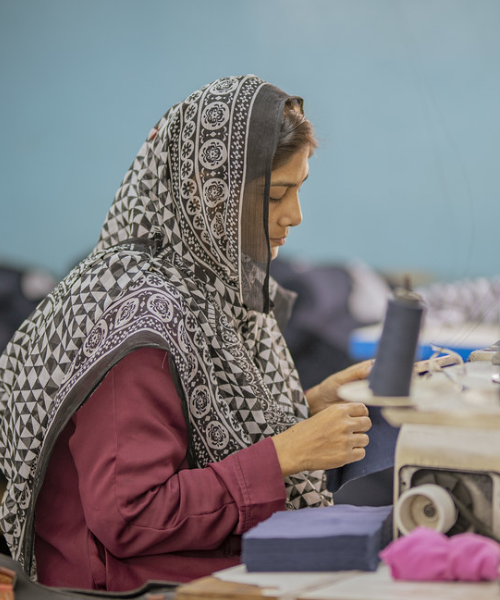
Impact of Workplace Harassment on Women in Patriarchal Contexts
Dr. Maryam Mustafa
The project delves into the experiences of female factory workers in Punjab, Pakistan, who endure harassment and gender-based violence. The primary objective is to gain a comprehensive understanding of the challenges these women face in their workplaces. The study also investigates the potential role of technology in empowering these workers by facilitating equal access to employment opportunities and providing safe spaces for sharing their personal narratives of workplace violence and harassment. By exploring innovative technological solutions, this project aims to contribute in creating a more inclusive and supportive environment for female workers, fostering a shift towards gender equality and safer working conditions.

Discrimination in Online Marketplaces
Dr. Sher Afghan Asad
This study conducted an audit of an online marketplace in a typical patriarchal context of Pakistan and performed an experimental evaluation to measure gender bias. Based on a repeated weekly census of listings on the marketplace, selected sellers who regularly sell on the marketplace were contacted through buyer profiles that unambiguously signaled gender without revealing caste, ethnicity, or other economic markers. Economic variables such as offered prices, delivery discounts, and product characteristics for each gender were recorded and analyzed. In addition, any unsolicited attempts from sellers at communicating with each gender, such as messages, phone calls, friend requests, etc were recorded. This project presents unique evidence on not just gender discrimination in prices and product characteristics but also on other facets of online interactions that may be a hurdle in the inclusion of women in the online marketplaces of patriarchal societies such as Pakistan.
Mahbub ul Haq Research Centre at LUMS
Postal Address
LUMS
Sector U, DHA
Lahore Cantt, 54792, Pakistan
Office Hours
Mon. to Fri., 8:30 a.m. to 5:00 p.m.

